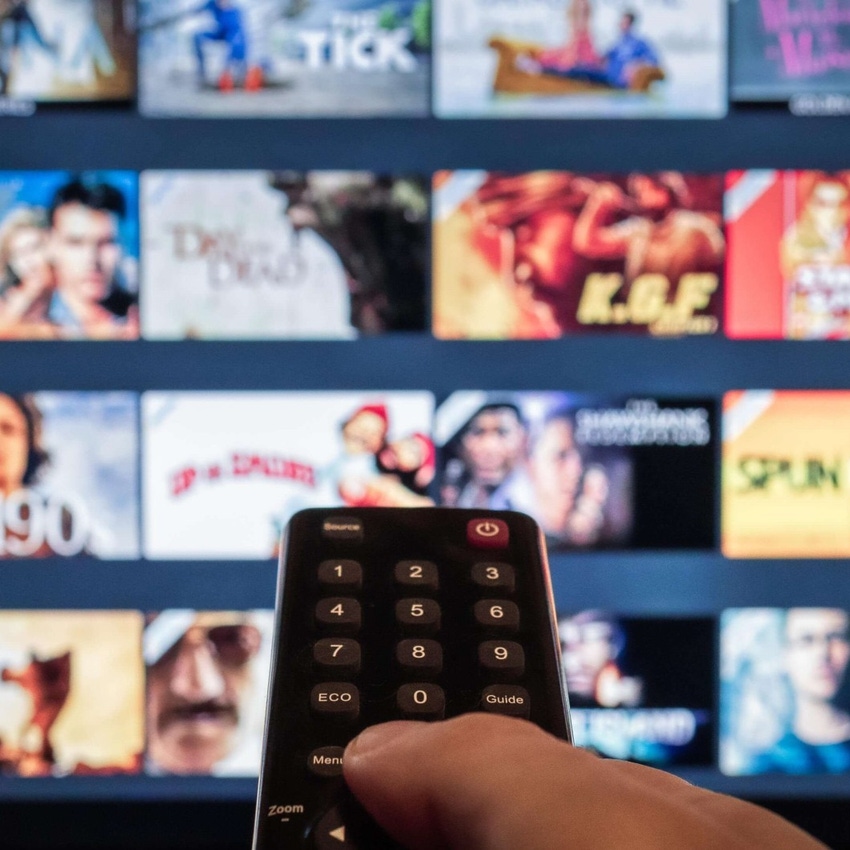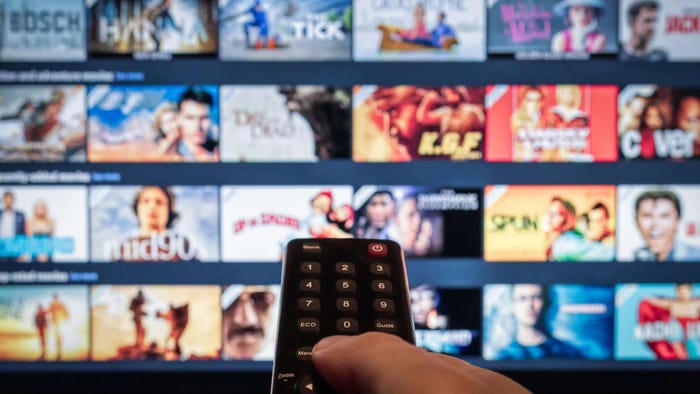Charter could lose 1.2M pay-TV subs if Disney impasse is permanent – analyst
Charter could take a near-term hit on earnings and cash flow if its carriage spat with Disney becomes permanent, but the risk could be worth it in the long run, according to one analyst.

Charter Communications could lose about 1.2 million pay-TV subscribers – about 9% of its pay-TV base – if Disney content is permanently removed from the cable operator's systems, according to an analyst at New Street Research, who also estimates that about 240,000 Charter broadband subs in that group are at risk of leaving the cable operator for another Internet service provider (ISP).
In an analysis based on an assumption that the break between Charter and Disney will be permanent, New Street Research's Jonathan Chaplin estimated that the loss of Disney content, which includes ABC and ESPN, could likewise drive a $400 million drop in EBITDA and result in a $260 million decline in free cash flow (FCF) at Charter. Chaplin pinned Charter's revenue risk at about $3.7 billion, or 7% of the total, assuming that the majority of it comes from giving subscribers a rebate equal to the content cost to Disney.
Figure 1:

(Source: Michael Zech/Alamy Stock Photo)
While a permanent break between Charter and Disney could have some near-term negative ramifications for Charter, Chaplin believes the risk to annual free cash flow could be worth the trouble. Charter would be poised to see a steady improvement in broadband subscribers that would turn it into "a more valuable business over time because of it," he explained.
"The offset is potentially a permanent shift in the contest for value between companies that create content and those that distribute it," Chaplin wrote. "If correct, the long-term benefit to the value of broadband businesses could far exceed the impact of the near-term FCF at risk."
Chaplin estimated it would take an improvement in broadband churn of just five basis points (bps) for Charter to "neutralize" the loss of $260 million in free cash flow at risk due to the loss of Disney content.
"The benefit to [broadband] churn could be far greater than 5bps over time" if Charter also held off on raising broadband prices, Chaplin added. "This strikes us as an easy trade-off," he said.
Analysts are starting to consider such a future after nearly 20 Disney channels were pulled from Charter, an operator with more than 14 million video subscribers, on August 31. The channels were blacked out after Charter and Disney failed to strike a new distribution deal.
Speaking the morning after the Disney channels went dark on Charter systems, Charter CEO Chris Winfrey said the operator remained "optimistic" that a deal can be made, but he warned that Charter could be forced to "move on" without Disney content if a new agreement isn't struck quickly.
Industry watchers are taking that threat to heart.
"Charter seems genuinely willing to walk away from Disney, and even their entire linear video model, if necessary," MoffettNathanson analyst Craig Moffett explained in a research note (registration required) that explores the future of the pay-TV and video industry in the wake of the Charter-Disney battle.
Advantage: Charter?
Charter, Moffett added, appears to have the advantage while Disney appears to be facing a "no-win moment in time." He noted that Charter doesn't make huge profits on video and is already referring customers to streaming alternatives such as YouTube TV and Fubo.
"For Charter, the uncomfortable truth is that it just doesn't matter all that much," Moffett wrote. He pointed to Cable One as a prime example of a publicly-traded US cable operator that has taken a broadband-first footing and "demonstrated that losing video is relatively painless."
"Charter, like all of Cable One's peers, has absorbed the lesson. Disney may learn the hard way that it's tough to win a negotiation with a counterparty that has nothing to lose," Moffett wrote.
Near-term winners
Meanwhile, Chaplin noted that other pay-TV distributors, including Dish Network and DirecTV (satellite and streaming) as well as YouTube TV, Disney-owned Hulu and other virtual multichannel video programming distributors (vMVPDs) are poised to benefit from a permanent falling out between Charter and Disney.
"1.2MM incremental video subscribers could make a difference to an industry that is struggling," Chaplin wrote. "We would guess that Charter will funnel subs towards OTT [over-the-top] products like YouTube TV, rather than to satellite, but satellite has to pick up some of the shortfall."
Additionally, fiber service providers such as Frontier Communications, AT&T and Verizon could also benefit if they're able to capture any broadband subscribers who decide to flee Charter. The same goes for service providers in Charter territories that offer a fixed wireless access (FWA) option.
"240K incremental broadband subscribers spread across the industry over a couple of quarters won't be game changing, but it helps," Chaplin said.
Chaplin also suggested that the Charter-Disney impasse could help Comcast toughen its stance with Disney in the next round of carriage negotiations. But the analyst also pointed out that Comcast is "conflicted," given that it also owns NBCUniversal.
"If this proves to be a turning point in the division of value between content and distribution, it provides a stronger argument for separating cable and NBCU. Those businesses would have conflicting interests that far outweigh synergies," Chaplin explained. However, he noted that he doesn't expect Comcast and NBCU to be pulled apart under Comcast's current leadership.
Related posts:
— Jeff Baumgartner, Senior Editor,
href="http://www.lightreading.com">Light Reading
About the Author(s)
You May Also Like












